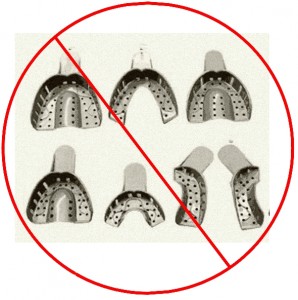The validity of bite marks as evidence depends upon two assumptions: Teeth leave recognizable marks unique to an individual, and this uniqueness is transferred and recorded in the bitten substance. Bite mark evidence has played a key role in cases, such as the trial of Ted Bundy. Yet in recent years, critics argue that bite mark analysis is subjective and has never undergone thorough experimental validation. At least one former bite mark evidence expert agrees.
An August 6 article in The Clarion-Ledger (MS), “Bite Evidence in Doubt,” describes the radical change in views of dentist Michael West. He estimated that he has worked on 16,000 cases and testified at about 81 trials across the United States as a bite mark evidence expert. Many of the trials resulted in convictions.
West is no longer a true believer according to a 2011 deposition obtained by The Clarion-Ledger. “I no longer believe in bite-mark analysis,” West said. “I don’t think it should be used in court. I think you should use DNA. Throw bite marks out.”
That’s advice based on experience. In at least two cases in which the dentist testified, convictions have been reversed. During 2008, for example, DNA evidence identified the murderer of two girls. As a result, two men were released from prison, one who had served 15 years for murder and the other, 18 years.

